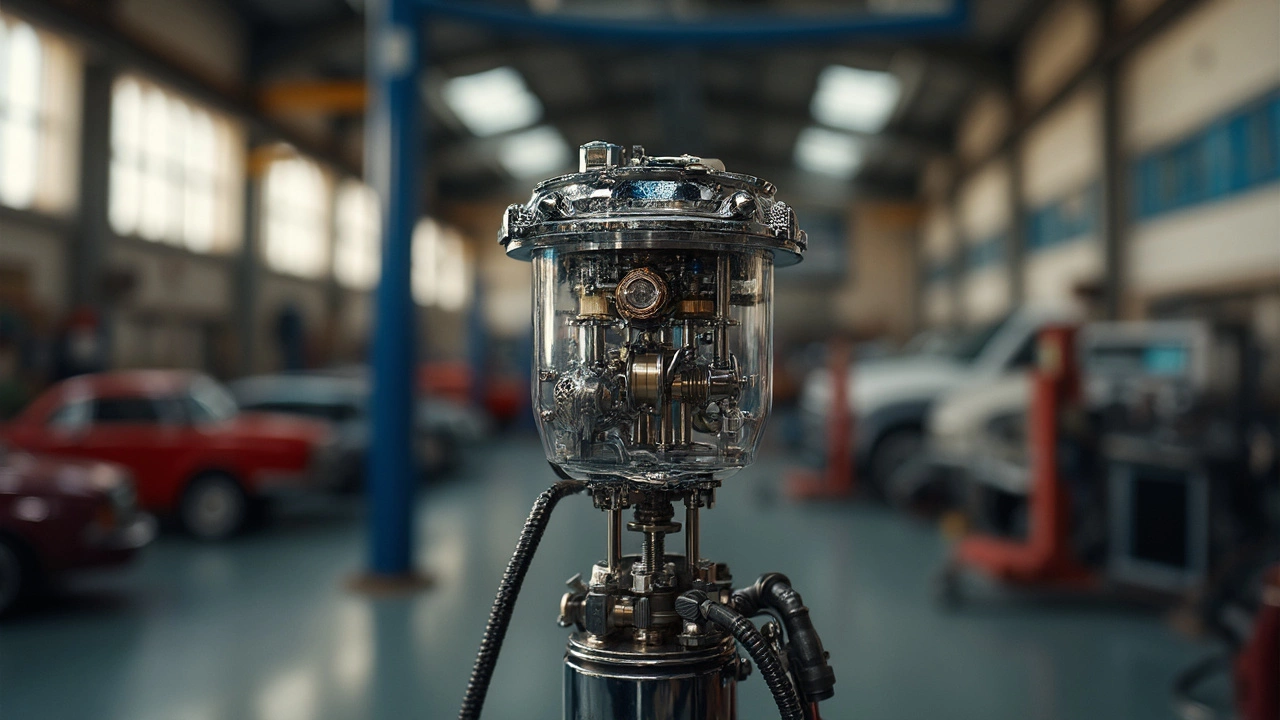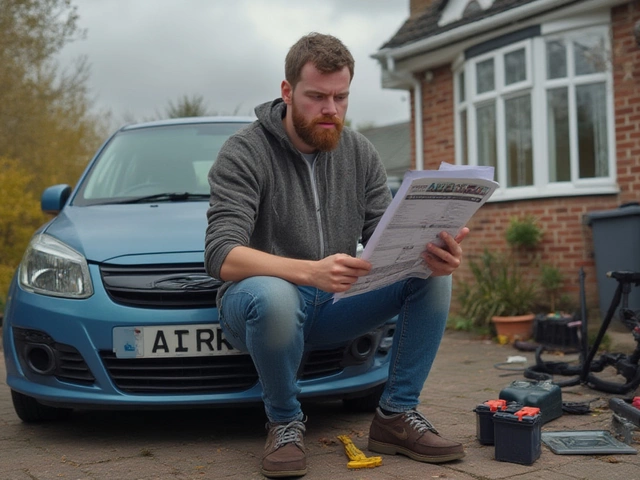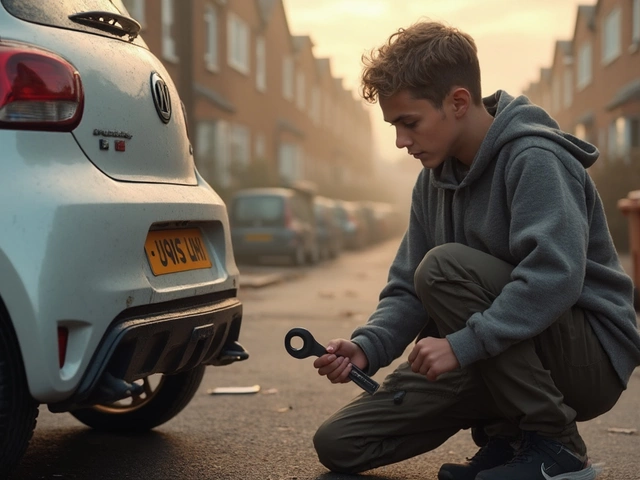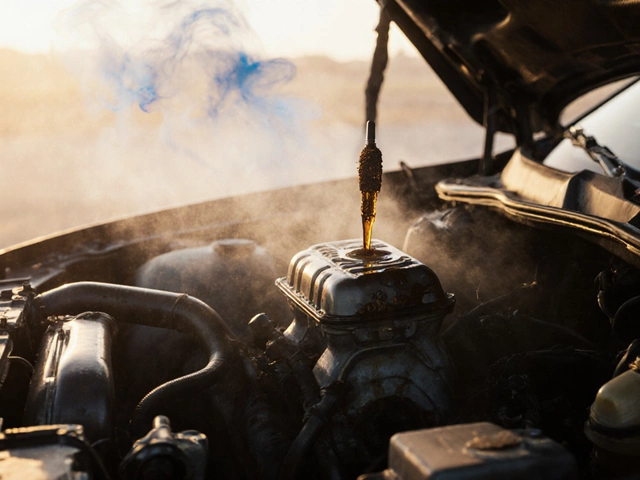Repair Tips – Simple DIY Car Fixes for Everyday Drivers
Got a rattling noise, a squeaky brake, or just want to keep your car in top shape? You don’t need a garage‑full of tools or a mechanic’s degree. Below are practical, bite‑size tips you can try at home or use to know when to call a pro.
Check Your Air Filter Before It Clogs
Air filters keep dirt out of the engine. A dirty filter makes the engine work harder, hurting fuel‑efficiency. Open the filter box (usually a black plastic container under the hood), pull the filter out, and give it a visual check. If it looks dark and clogged, replace it. Most cars use a reusable filter that you can clean with a vacuum or a gentle tap. If you’re buying a new one, stick with OEM or a reputable brand – pricey premium filters rarely give a noticeable performance boost.
Brake Pads: Front vs. Rear
Changing only the rear brake pads is tempting because they wear slower, but it can unbalance braking. If you hear a squeal or feel a soft pedal, inspect both sets. Look through the wheel spokes; you’ll see a thin metal indicator if the pads are near the end of life. Replace pads together whenever possible to keep braking even and safe.
Spot a Bad Clutch Early
A burning smell or a slipping clutch means you’re pushing the limits. Try shifting into first gear while the car is stationary; if the engine revs but the car doesn’t move, the clutch is losing grip. Listen for a grinding noise when changing gears – that could signal a worn release bearing. Don’t keep driving a burnt‑out clutch; it can damage the flywheel and cost more to fix.
Suspension Health Checks
A bent or sagging suspension doesn’t just make the ride uncomfortable – it can affect steering and tire wear. Push down on a corner of the car; if it bounces more than once, the shocks or struts likely need attention. Look for uneven tire wear, especially feather‑shaped edges, which point to misaligned suspension components. If the car pulls to one side while you drive straight, have the alignment checked.
Alloy Wheels and Corrosion
Alloy rims resist rust better than steel, but they can still corrode if the clear coat is damaged. Keep them clean by spraying with a mild soap solution and a soft brush. After washing, dry them thoroughly and apply a light coat of wheel wax. Spot any black spots or pitting? Use a dedicated alloy wheel cleaner and a non‑abrasive pad to restore the finish.
Windshield Wiper Maintenance
Don’t wait until the blades squeak to replace them. Inspect the rubber every few months – if it’s cracked or split, swap the whole set. In the UK, removing the rear wiper entirely can be illegal and may affect your MOT, so keep it functional or replace it when needed.
These quick checks can save you money, keep you safe, and extend the life of your vehicle. If any tip feels beyond your comfort level, give Northwich Tyres Centre a call. Our team can handle everything from air filter swaps to full suspension repairs, all at competitive rates.
 7 February 2025
7 February 2025
Will a Bad Fuel Pump Still Come On?
A fuel pump is like your car’s heart—when it’s not working right, you're going nowhere fast. Understanding if a bad fuel pump can even turn on is key to diagnosing vehicle troubles. This article dives into how fuel pumps function, symptoms of a failing pump, and what you can do to address issues before you're left stranded. Learn about the signs of failure, testing methods, and preventive measures to keep your vehicle running smoothly.
Latest Posts
-

Can I Replace My Car Battery Myself? Step-by-Step Guide and Tips
-

Will Muffler Delete Hurt Engine? Real Facts You Need to Know
-

Most Aggressive Sounding Muffler: What Really Makes Your Ride Roar?
-

Essential Signs Your Car Is Running Low on Engine Oil
-

How Does Your Car Act When It Needs Oil? Signs You Can't Ignore
Tags
- car maintenance
- engine oil
- spark plugs
- brake pads
- engine performance
- vehicle maintenance
- spark plug replacement
- windshield wipers
- fuel pump
- suspension parts
- clutch replacement
- oil change
- clutch kit
- car suspension
- car performance
- air filters
- car radiator
- exhaust systems
- fuel pump replacement
- engine misfire

0